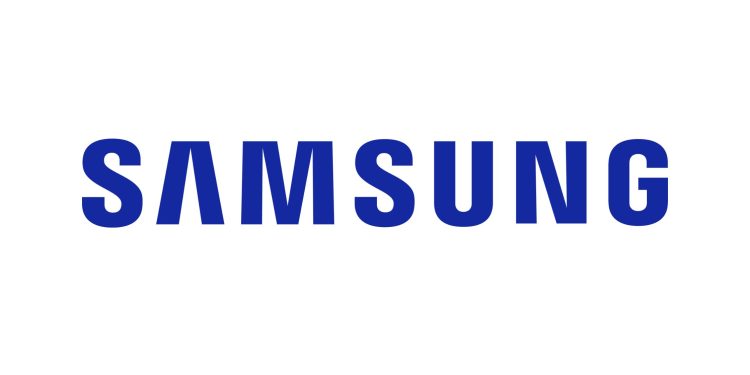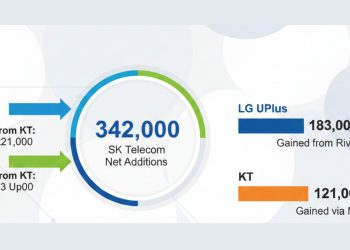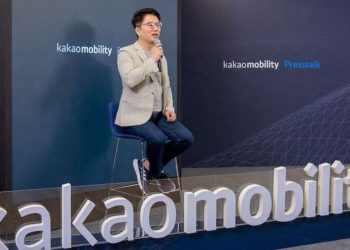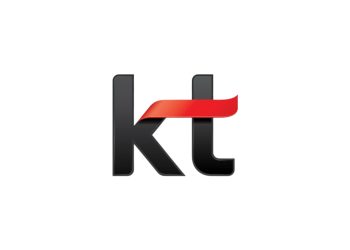Seven senior executives from Samsung India have approached an Indian court to contest a US$81 million penalty, part of a broader US$601 million tax claim related to alleged evasion of import duties. The case centers on accusations by India’s tax authorities that the company misclassified mobile tower equipment imports between 2018 and 2021 to avoid higher tariffs.
The executives argue that no serious wrongdoing occurred and claim the penalty process was expedited, leaving them little time to present a proper defense. Meanwhile, Samsung has already challenged a separate US$520 million payment order at a tax appeals tribunal, maintaining that its import declarations were accurate and lawful.
The US$81 million in penalties were imposed on the executives for “knowingly and intentionally” aiding the alleged misclassification of imported telecom components. The disputed item, known as a Remote Radio Head, is a vital part of 4G infrastructure. Indian authorities claim Samsung avoided tariffs of 10–20% on nearly US$784 million worth of equipment shipped from South Korea and Vietnam between 2018 and 2021, which was then sold to telecom operator Reliance Jio.
In court documents reviewed by Reuters, Samsung India’s logistics head, Ravi Chadha, described the penalty as excessive and issued in haste. He noted the Mumbai High Court imposed the fine just days after receiving detailed responses spanning hundreds of pages from the company and its staff. Chadha, personally fined US$11.1 million, argued that the short review period was insufficient for a fair assessment and said the matter hinges on a legal interpretation of tariff codes, not deliberate wrongdoing.
Chadha also raised concerns over the financial impact of the fine, calling it “egregiously exorbitant” and stating it would take more than a century to repay based on his salary. The six other executives have filed similar objections, arguing the penalties are disproportionate and lack adequate justification. They maintain that the process was rushed and that no serious offense had been committed.
Samsung, in its defense, argued that Reliance Jio had previously imported the same equipment duty-free from 2014 to 2017, following a similar business model. The South Korean firm said it had not been informed that the practice was deemed improper after 2017, suggesting that Reliance had failed to communicate the change. The tax authority, however, accused Samsung of breaching ethical standards to maximize profit.
Court records show that the executives appealing the penalties include Sung Beam Hong, vice president of Samsung’s network division, and Sheetal Jain, finance general manager. Their legal counsel, Sriram Sridharan from Lakshmikumaran & Sridharan, has not issued a public statement. The same law firm is also representing Samsung in its separate appeal against the US$520 million tax demand.
Samsung has maintained in its legal submissions that the classification method used for the imports was known to the authorities and never previously challenged. The company argued that the tax department was fully aware of the practice, raising concerns only after several years. The outcome of the case is likely to have broader implications, potentially influencing how future tariff classification disputes and related penalties are handled in India.







